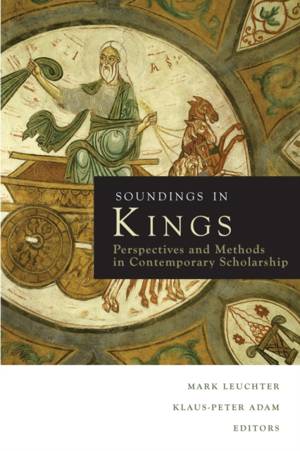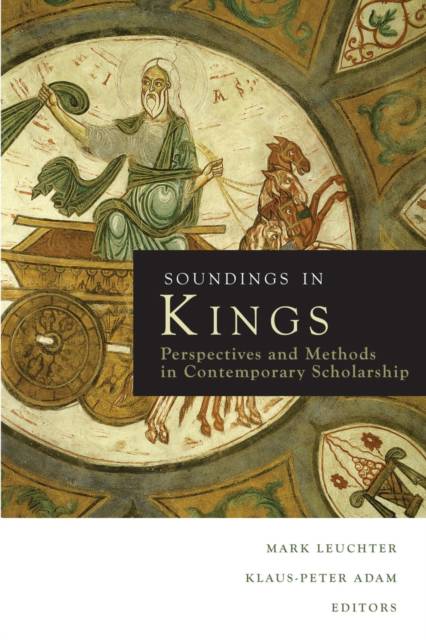
- Retrait gratuit dans votre magasin Club
- 7.000.000 titres dans notre catalogue
- Payer en toute sécurité
- Toujours un magasin près de chez vous
- Retrait gratuit dans votre magasin Club
- 7.000.0000 titres dans notre catalogue
- Payer en toute sécurité
- Toujours un magasin près de chez vous
Soundings in Kings
Perspectives and Methods in Contemporary Scholarship
Klaus-Peter Adam, Mark A. LeuchterDescription
The reigning assumptions in 1970s and 1980s scholarship on 1 and 2 Kings, and indeed on all of the Deuteronomistic history, have come under serious question. How can differing views of that history be reconciled? What sources were available to the authors? Should we call them "authors"? How well do the Books of Kings fit into the larger history of which they are a part; just who composed that history, toward what end, and in what context? How do the assumptions of contemporary interpreters influence the answers we give to those questions? In Soundings in Kings, international scholars pursue these and related questions by examining 1 and 2 Kings as an independent work, identifying new methods and models for envisioning the social location of the authors (or redactors) of Kings, the nature of the intended audience or audiences, and the political and rhetorical implications of its construction. Soundings in Kings demonstrates the role of Kings as a cornerstone work within the Hebrew Bible, a crossroads between prophecy, poetry, wisdom, ancestral and national narrative, and ritual instruction.
Soundings: Charting the Currents of Contemporary Scholarship
The Soundings series gathers current perspectives on the state of biblical scholarship on selected questions.Spécifications
Parties prenantes
- Auteur(s) :
- Editeur:
Contenu
- Nombre de pages :
- 232
- Langue:
- Anglais
- Collection :
Caractéristiques
- EAN:
- 9780800697167
- Date de parution :
- 01-05-10
- Format:
- Livre broché
- Format numérique:
- Trade paperback (VS)
- Dimensions :
- 152 mm x 226 mm
- Poids :
- 385 g

Les avis
Nous publions uniquement les avis qui respectent les conditions requises. Consultez nos conditions pour les avis.






